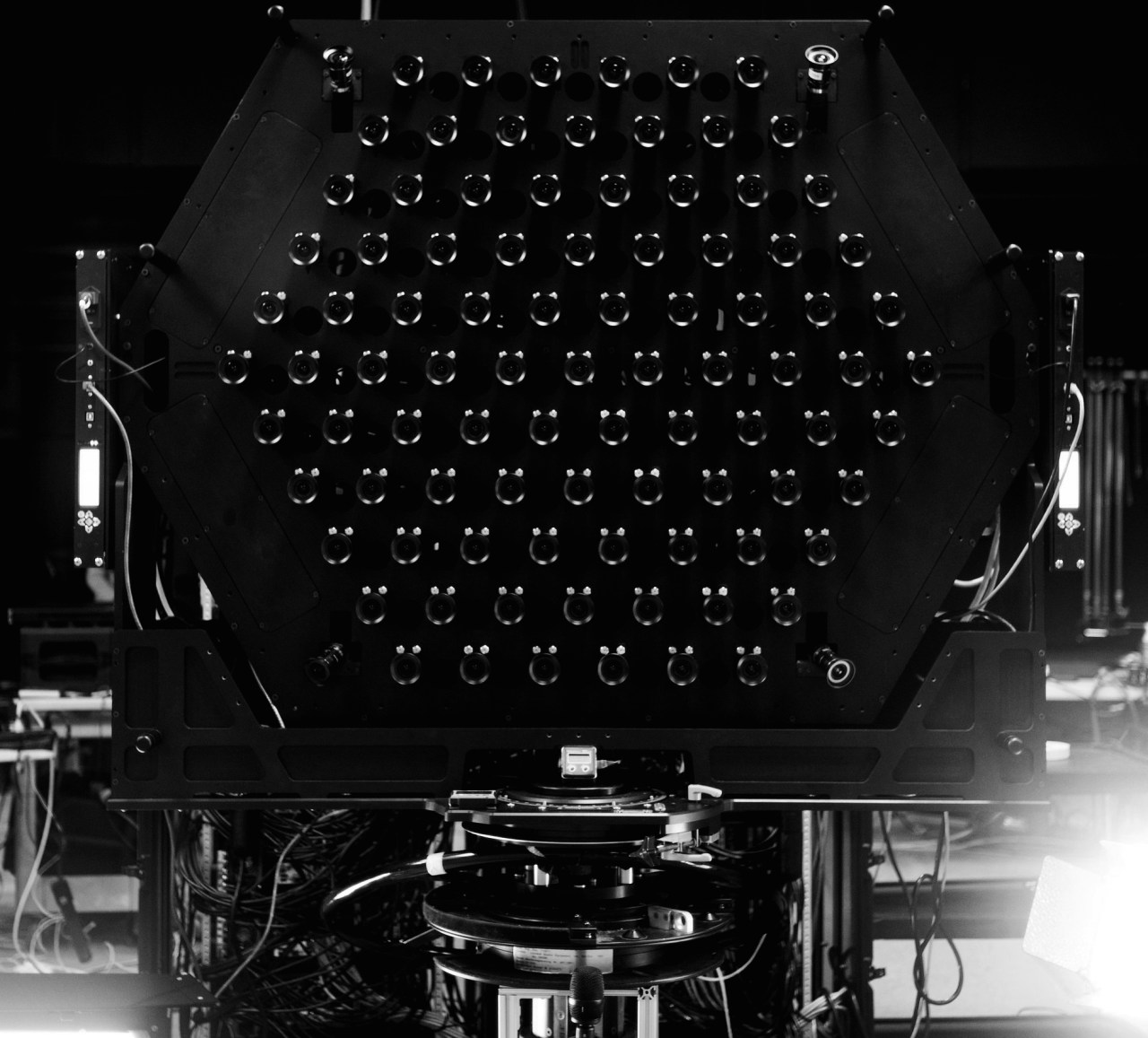In an entertainment landscape continually reshaped by innovation, Lytro is making significant strides with its recent $60 million Series D funding round aimed at perfecting its cinematic camera technologies. Known initially for its consumer offerings, which ultimately stumbled, Lytro is refocusing its energy and resources on the realm of 360-degree video and advanced cinematography.
Rethinking Light Field Technology
What sets Lytro apart is its unique approach to photography—light field technology. This enables cameras to capture not just the image, but also the depth data, creating opportunities for rich, immersive experiences. CEO Jason Rosenthal ambitiously stated, “We believe we have the opportunity to be the company that defines the production pipeline, technologies, and quality standards for an entire next generation of content.” But what does this next generation entail?
A Shift to 360-Degree and Cinematic Tools
One of Lytro’s marquee projects, the Immerge capture system, has evolved from a spherical lens design to a more sophisticated planar configuration. The shift hints at their intention to create tools that can cater to the growing demands for virtual reality (VR) and augmented reality (AR) content. Here’s why the Lytro Immerge system signifies a turning point:
- Flexibility: The move to a planar setup opens avenues for diverse use cases across various entertainment mediums.
- Enhanced Quality: With the capability to offer depth data, Lytro’s 360-degree systems promise a level of immersion that static cameras simply cannot achieve.
- Market Potential: Rosenthal noted that both Asia and China are emerging as significant markets for VR, indicating a strategic focus that aligns with global trends.
Overcoming Past Challenges
While Lytro faced setbacks in the consumer market, including two underperforming camera releases, the company’s pivot to focus on digital cinema production presents an intriguing opportunity. With this fresh influx of capital, the company aims to further advance significant research and development projects and extend support to studios and creators.
A Game Changer in Cinematic Production
The introduction of Lytro Cinema, designed to replace traditional green screen setups, is especially captivating. Instead of relying on color keying—and the subsequent challenges it presents—this innovative camera allows filmmakers to exclude any element in a dimension defined by the captured light field data. This transformative approach could redefine how studios produce films and may streamline the creative process in previously unprecedented ways.
The Road Ahead
As Lytro embarks on this ambitious journey, it is crucial to maintain an eye on both consumer and professional markets. The demand for high-quality video content continues to rise, and Lytro could carve a niche by successfully integrating light field technology into mainstream cinema and VR experiences. With verified industry partnerships, creative collaborations, and a commitment to pushing boundaries, the path ahead could be much brighter than its rocky past.
Conclusion
Lytro’s $60 million investment is not merely a financial boost; it’s a bold statement in the shifting landscape of cinematic technology. As the lines between real and virtual continue to blur, Lytro stands poised to redefine how content is created, ensuring they become key players in the unfolding narrative of next-generation video production.
At fxis.ai, we believe that such advancements are crucial for the future of AI, as they enable more comprehensive and effective solutions. Our team is continually exploring new methodologies to push the envelope in artificial intelligence, ensuring that our clients benefit from the latest technological innovations.
For more insights, updates, or to collaborate on AI development projects, stay connected with fxis.ai.

